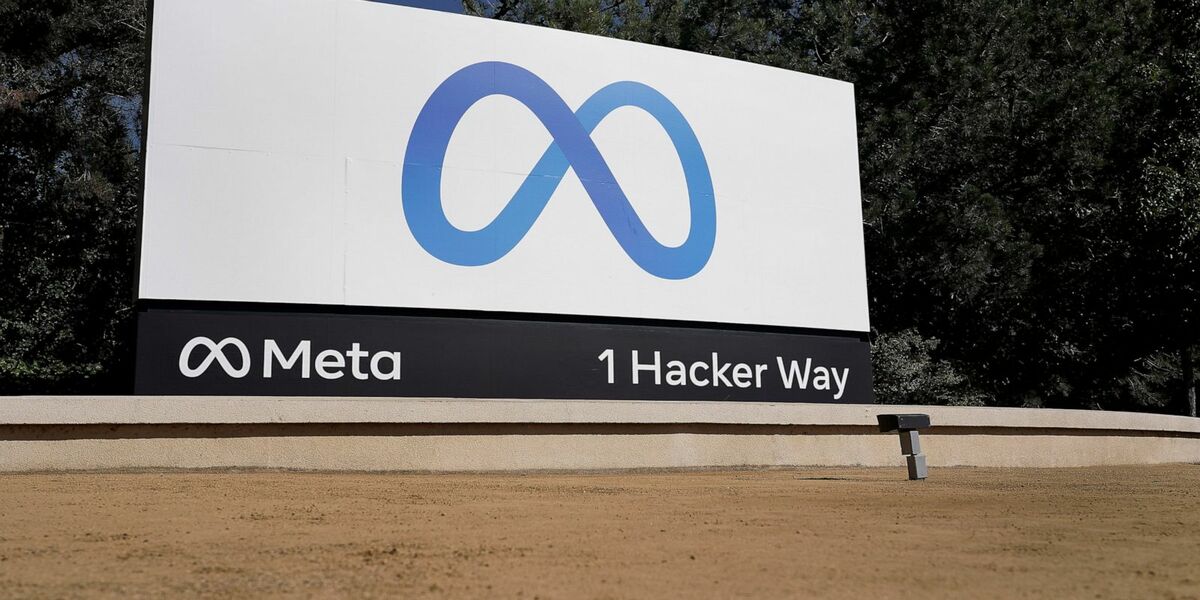Companies will be compelled to tightly control their internet platforms under the Digital Services Act, or face multibillion-dollar fines.

The European Union secured a deal on major legislation on Saturday that requires Google and Facebook’s parent company, Meta, as well as other internet platforms, to battle hate speech and disinformation more aggressively or face multibillion-dollar fines.
Companies will be expected to closely regulate their online platforms under the new Digital Services Act by establishing new policies and processes to promptly delete reported hate speech, terrorist propaganda, and any other information considered unlawful by European Union nations.
The new regulation also prohibits these businesses’ platforms from running advertisements targeting children, as well as ads based on a user’s gender, race, or sexual orientation. It would also force corporations to reveal how controversial information is distributed or amplified through their services.
In a statement, E.U. Commission Vice President Margrethe Vestager stated, “With today’s agreement, we ensure that platforms are held accountable for the threats their services potentially represent to society and citizens.”
“The era of giant internet platforms acting as though they are ‘too big to care’ is coming to an end,” said Thierry Breton, EU Internal Market Commissioner.
The European Union’s third significant law targeting the tech industry, the Digital Services Act, is one half of a revamp for the 27-nation bloc’s digital rulebook, helping to cement Europe’s reputation as the global leader in efforts to rein in the power of social media companies and other digital platforms.
While the new rules aim to hold tech companies more accountable for content created by users and amplified by their platforms’ algorithms, online platforms and search engines with more than 45 million users in the European Union will be subjected to increased scrutiny, which could include fines of up to 6% of a company’s annual global revenue and the prohibition of repeat offenders.




















